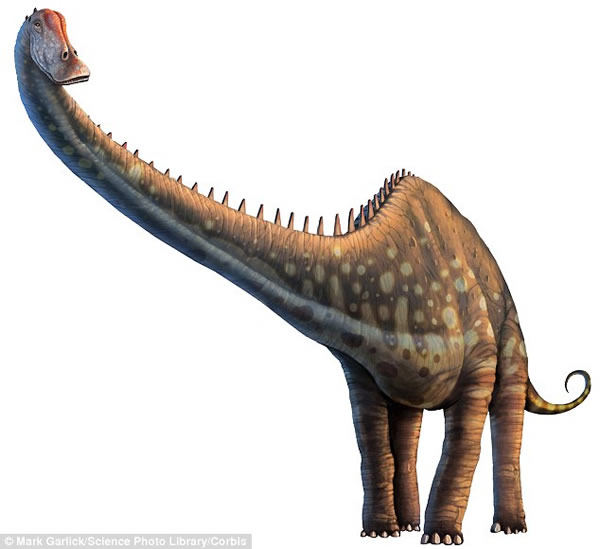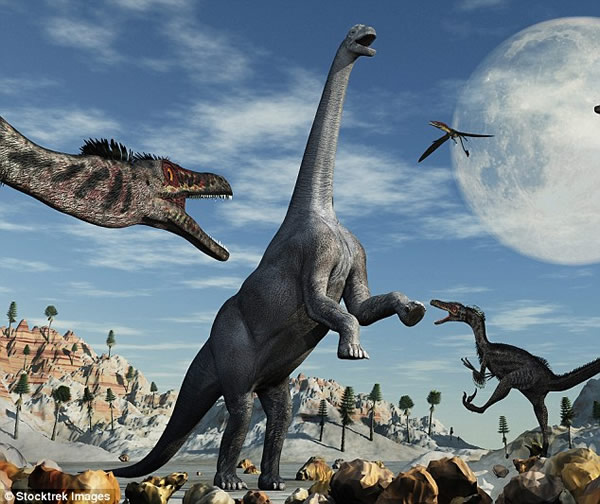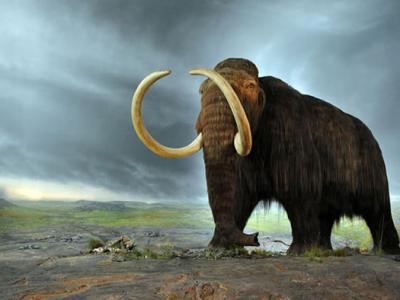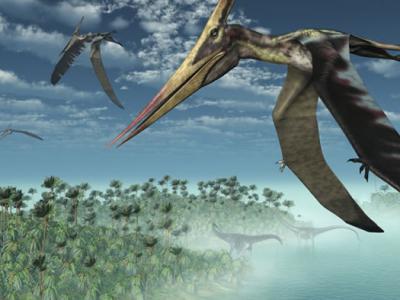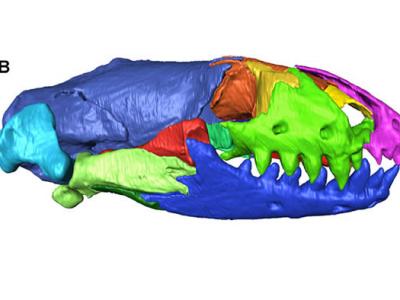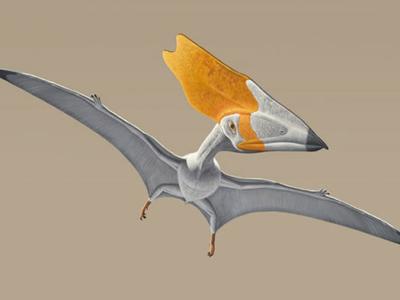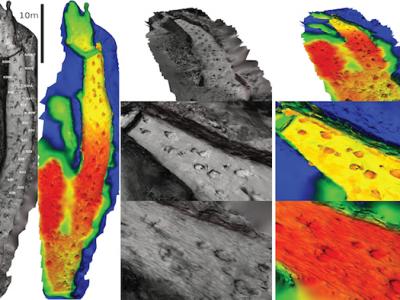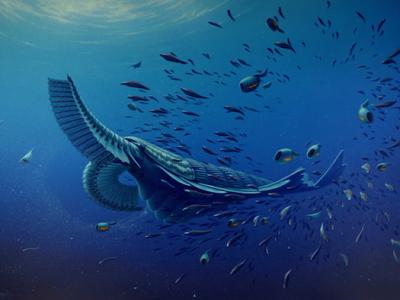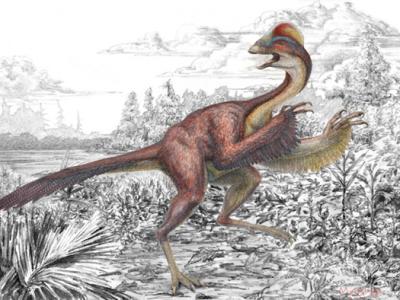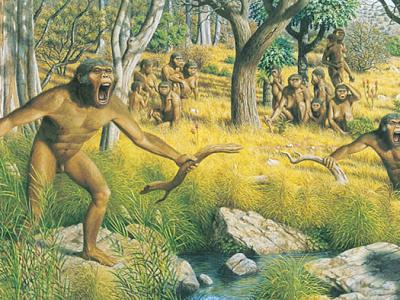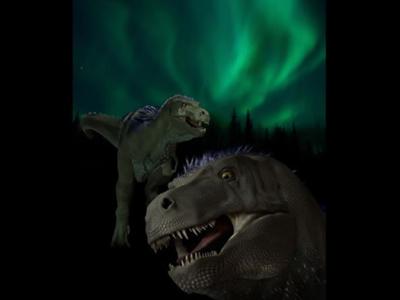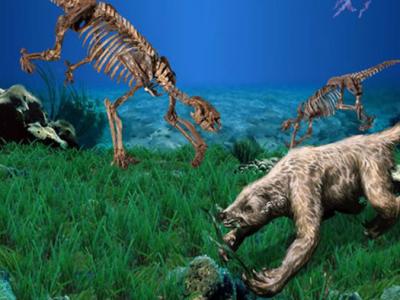Dinosaur DIY dental care
The largest dinosaurs replaced their teeth every couple of months, research revealed last night.
Amongst some of the largest herbivore dinosaurs, including Diplodocus and Camarasaurus, the wear and tear from crunching up plants took its toll on their dental work, a U.S. study found.
To combat this, they replaced their teeth at the rate of one every one or two months.
Teeth replacement: Amongst some of the largest herbivore dinosaurs, including Diplodocus (pictured) and Camarasaurus, the wear and tear from crunching up plants took its toll on their dental work, a study found
New York-based researcher Dr Michael D'Emic said that the deduction was made by looking at tooth dentin in the dinosaurs' teeth - the layer beneath the enamel that grows through an animal's life.
By counting lines of deposition of tooth dentin, researchers were able to estimate rates of tooth formation and replacement in the dinosaurs.
They found that the Camarasaurus had up to three ‘baby teeth’ lined up in each tooth socket, and replaced about one tooth every 62 days.
Each Diplodocus tooth socket held up to five replacement teeth and one functional tooth, and each tooth was replaced once in 35 days.
Dr D'Emic, of Stony Brook University on Long Island, New York, said: ‘A nearly 100ft-long sauropod would have had a fresh tooth in each position about every one to two months, sometimes less.
Maintenance: The researchers found that the Camarasaurus (centre) had up to three 'baby teeth' lined up in each tooth socket, and replaced about one tooth every 62 days
Effectively, sauropods [dinosaurs such as Diplodocus and Camarasaurus] took a “quantity over quality” approach to making teeth, opposite the approach taken by large animals - mammals - today.’
The dinosaurs were the largest terrestrial herbivores known, and would have required huge food supplies.
Eating large amounts of plant foods likely caused extensive tooth wear, requiring this constant growth and replacement.
Differences in the rates at which these species replaced their teeth could reflect differences in their feeding strategies or food choices, researchers said.
The findings were in PLOS One - the open-access online journal published by the Public Library of Science, based in San Francisco, California.(By Mark Duell)
